10 American Products Banned in Other Countries
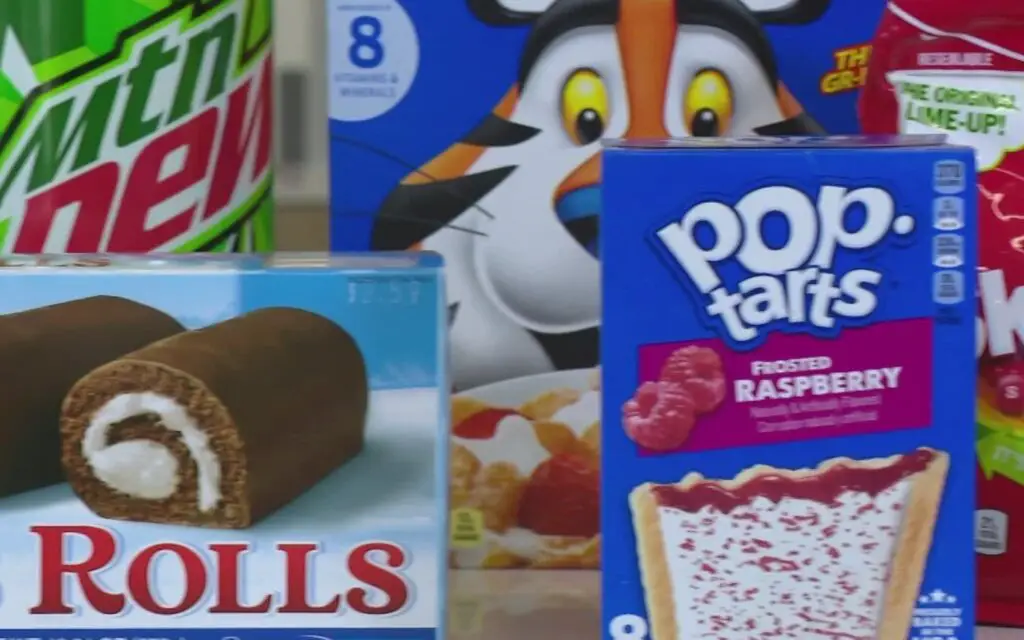
In our interconnected world, it’s intriguing to discover that some products beloved in the United States face bans in other nations. These prohibitions often stem from differing health standards, environmental concerns, or cultural preferences. Understanding these disparities not only broadens our global perspective but also highlights the complex landscape of international regulations. Let’s delve into ten American products that have been banned abroad and explore the reasons behind these international restrictions.
1. Mountain Dew
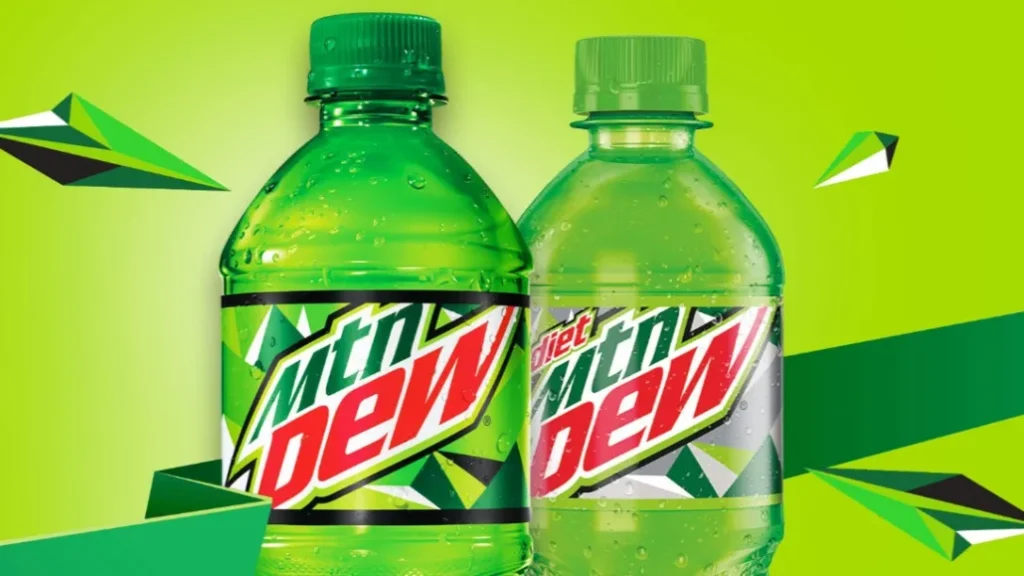
Mountain Dew, a vibrant citrus-flavored soda cherished in the United States, contains an additive known as brominated vegetable oil (BVO). BVO is utilized to maintain the beverage’s flavor stability but has been linked to potential health issues, including neurological problems and thyroid dysfunction. Due to these concerns, countries such as Japan and those within the European Union have banned beverages containing BVO, resulting in Mountain Dew’s absence from their markets.
2. Farm-Raised Salmon
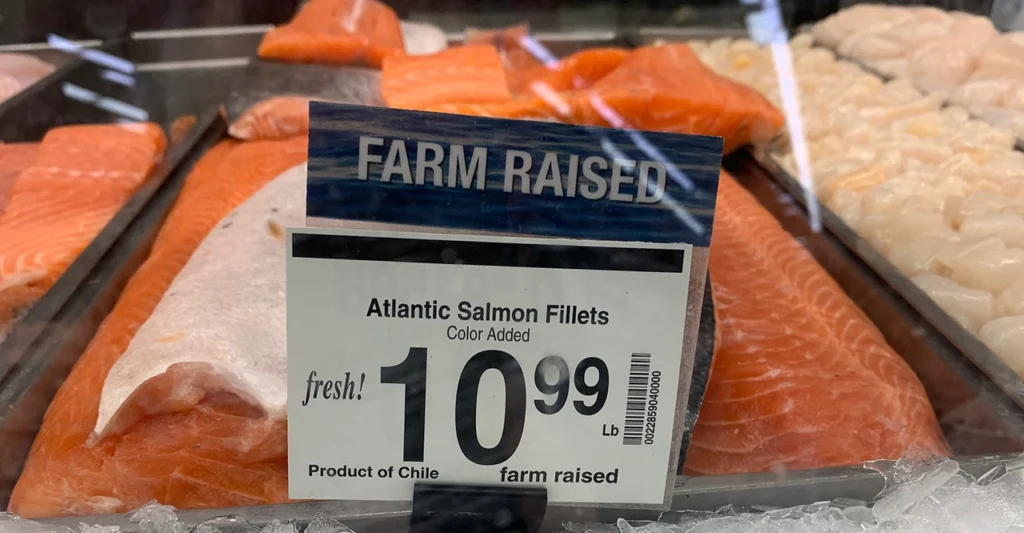
In the U.S., farm-raised salmon is a common sight in supermarkets. However, these fish are often fed synthetic astaxanthin to achieve a desirable pink color, a practice that has raised health and environmental concerns. Nations like Australia and New Zealand have responded by banning the import of American farm-raised salmon, advocating instead for wild-caught alternatives that do not involve artificial additives.
3. Ractopamine-Treated Pork and Beef
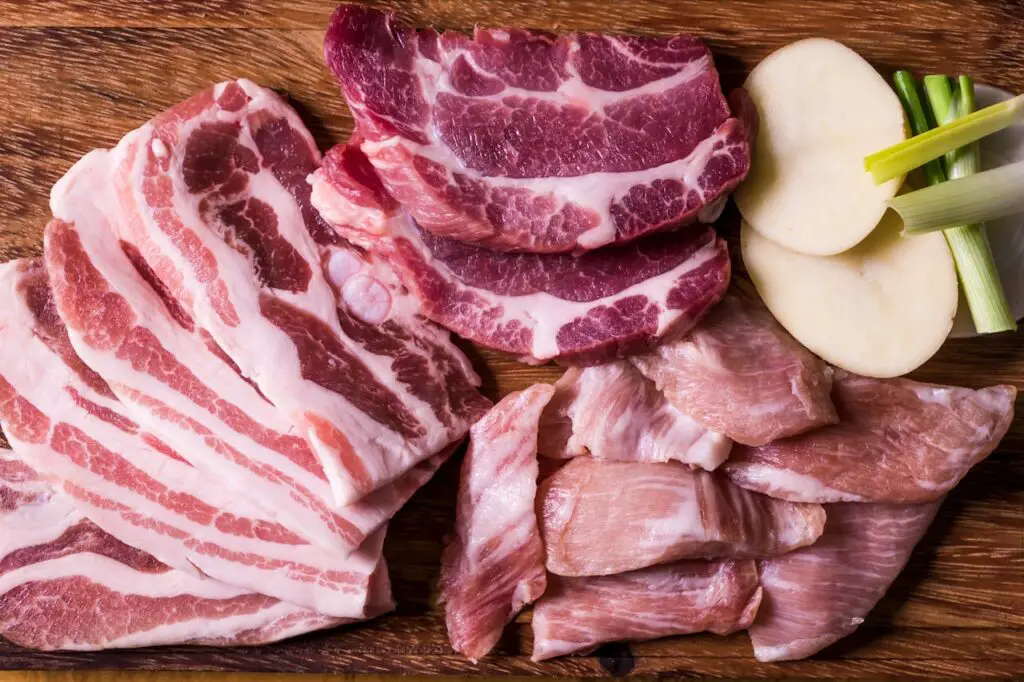
Ractopamine is a feed additive employed in the United States to promote lean muscle growth in livestock. Despite its approval by the U.S. Food and Drug Administration, over 160 countries, including members of the European Union, China, and Russia, have banned meat products from animals treated with ractopamine. This widespread prohibition arises from concerns about potential human health effects, such as cardiovascular issues and behavioral changes.
4. Chlorine-Washed Chicken
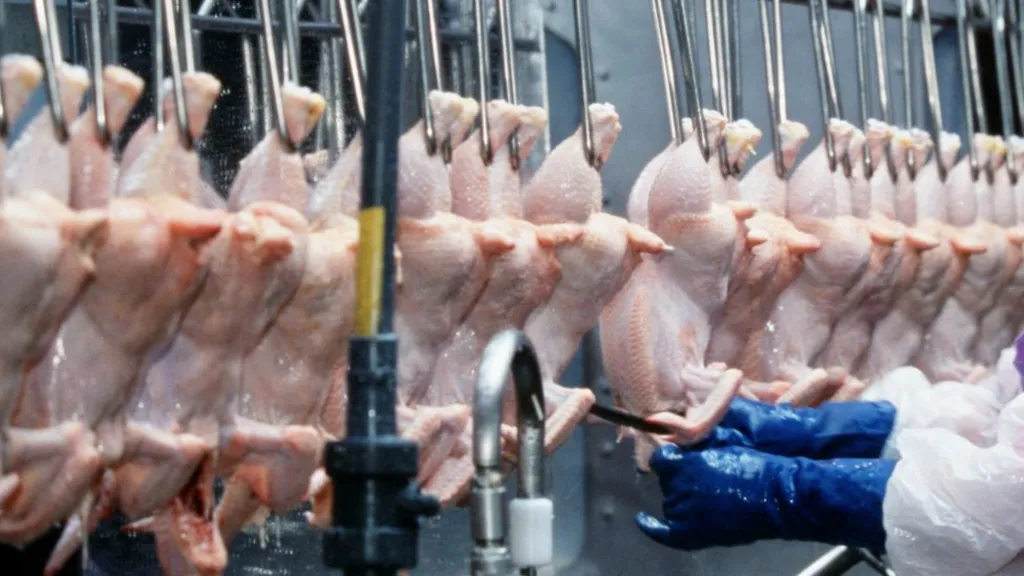
To combat bacterial contamination, U.S. poultry producers often rinse chicken with chlorine. While this method is accepted domestically, it has been met with resistance elsewhere. The European Union and the United Kingdom have banned the import of chlorine-washed chicken, citing apprehensions that this practice may conceal inadequate hygiene standards during processing and could pose health risks to consumers.
5. Kellogg’s Frosted Flakes
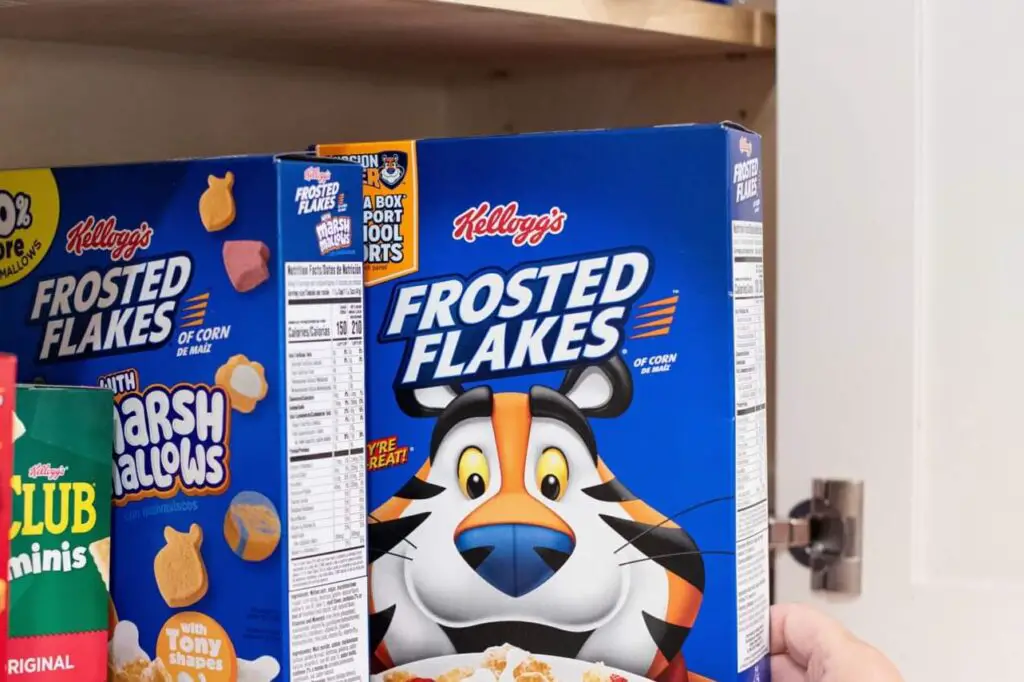
Kellogg’s Frosted Flakes, a staple breakfast cereal in many American households, contains the preservative Butylated Hydroxytoluene (BHT). This additive has been scrutinized for its potential health implications, including links to cancer. Consequently, countries like Japan and several within the European Union have banned food products containing BHT, leading to the exclusion of Frosted Flakes from their markets.
6. Little Debbie Swiss Rolls
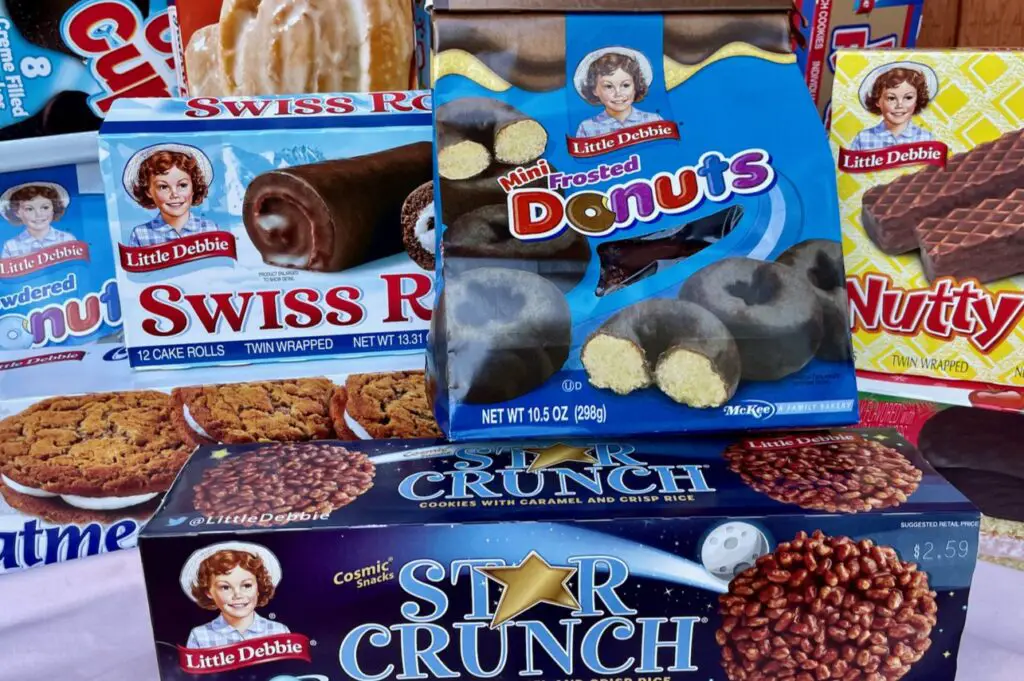
Little Debbie Swiss Rolls are a popular snack in the United States, known for their sweet taste and convenience. However, these treats contain artificial colorings such as Yellow 5 and Red 40, which have been associated with hyperactivity in children and other health concerns. As a result, nations like Norway and Austria have prohibited the sale of products containing these dyes, including Little Debbie Swiss Rolls.
7. Skittles
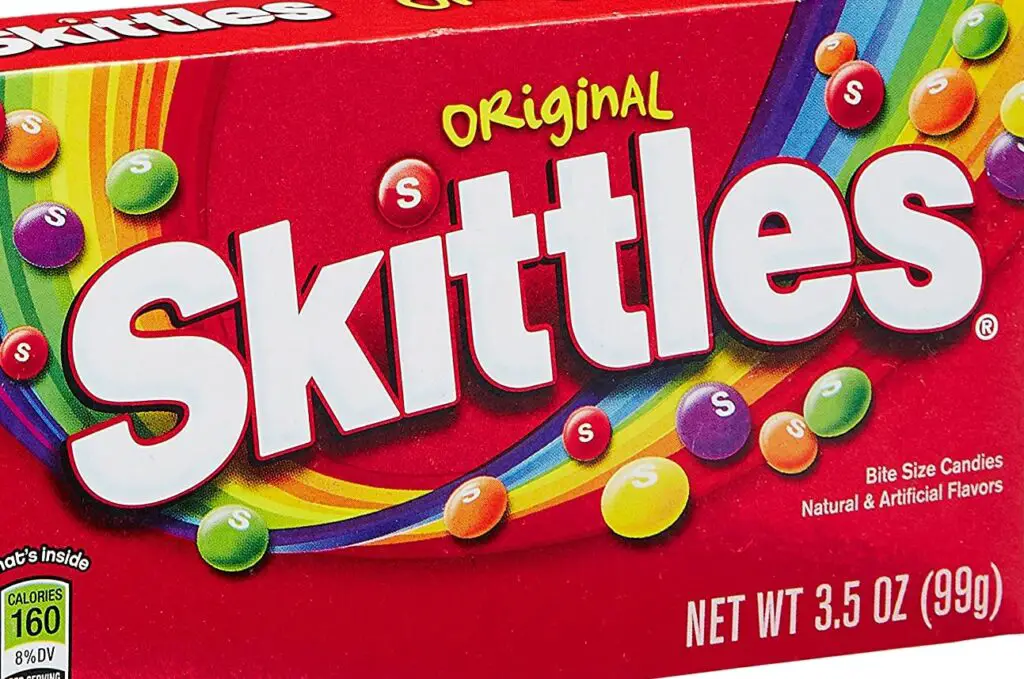
Skittles, the colorful candies that invite consumers to “taste the rainbow,” contain artificial colorants like Yellow 5 and Yellow 6. These synthetic dyes have been linked to behavioral issues in children and potential allergic reactions. Due to these health concerns, countries such as Norway and Sweden have banned products containing these additives, resulting in Skittles being unavailable in these regions.
8. Coffee-Mate Creamer
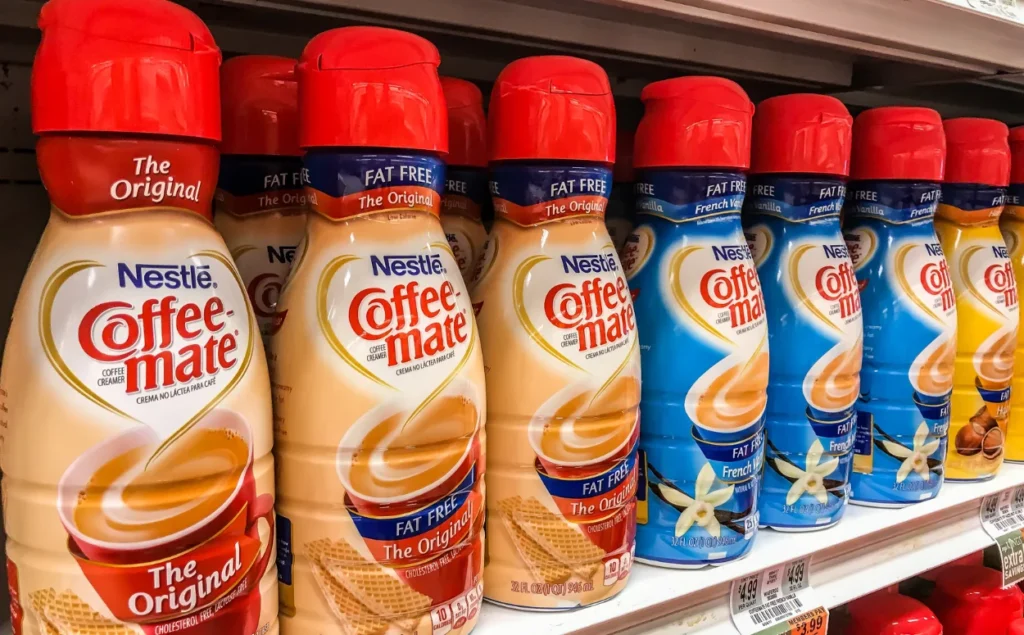
Coffee-Mate, a widely used coffee creamer in the United States, includes partially hydrogenated oils, which are a source of trans fats. Trans fats have been connected to an increased risk of heart disease and other health problems. In response, countries like Switzerland, Austria, Hungary, Iceland, Norway, and Denmark have banned food products containing trans fats, leading to the exclusion of Coffee-Mate from their markets.
9. Stove Top Stuffing

Stove Top Stuffing, a convenient side dish favored during American holidays, contains preservatives such as Butylated Hydroxyanisole (BHA) and Butylated Hydroxytoluene (BHT). These chemicals have been identified as potential carcinogens and are banned in countries like Japan and those within the European Union. Consequently, Stove Top Stuffing is not available in these regions due to concerns over its safety.
10. U.S.-Produced Pork
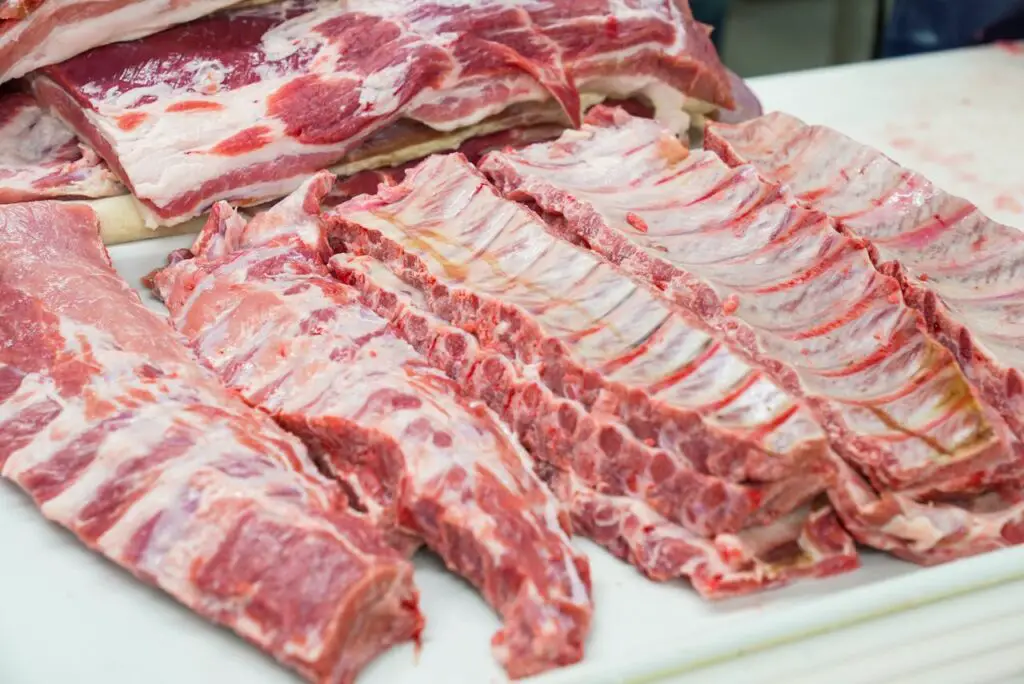
In the United States, pork producers commonly use the feed additive ractopamine to enhance leanness in their products. However, this practice has led to significant international pushback. Over 160 countries, including those in the European Union, China, and Russia, have banned the import of pork from animals treated with ractopamine, citing potential health risks to consumers.
Final Thoughts
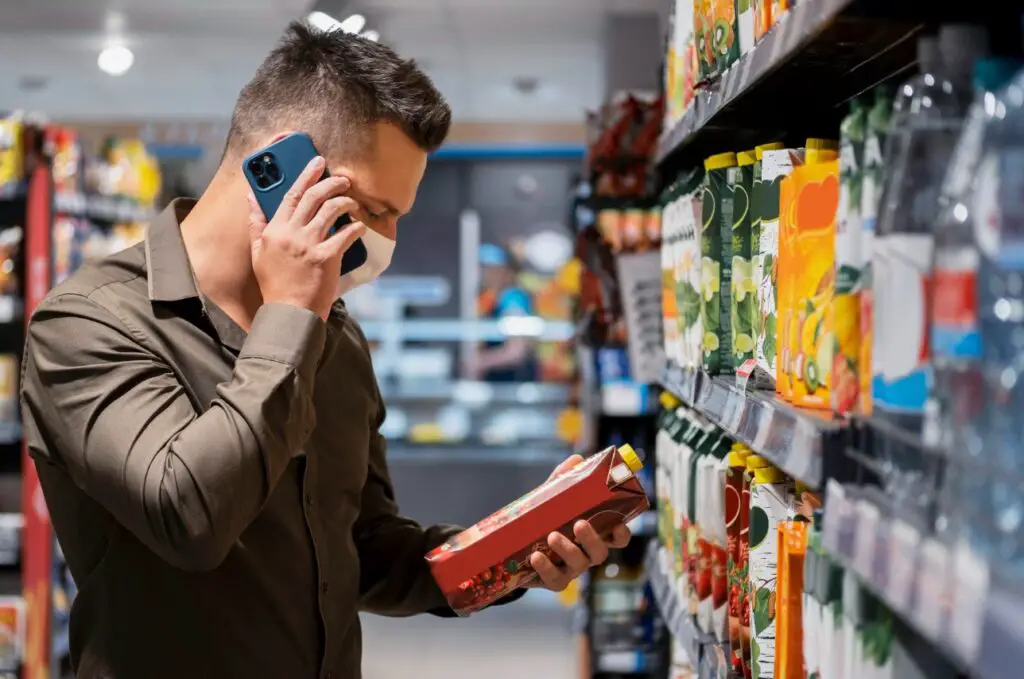
These examples underscore the complex landscape of global food and product regulations. While a product may be deemed safe and widely consumed in one country, it can face prohibition in another due to differing health standards, environmental policies, or cultural norms. For consumers and travelers, it’s essential to be aware of these variations to navigate international markets effectively and make informed choices about the products they use and consume.
Leave a Reply